Ella Fitzgerald, known as the “First Lady of Song” and “Lady Ella,” was an American jazz and song vocalist
who interpreted much of the Great American Songbook.
Born on April 25, 1917 in Newport News, Virginia, singer Ella Fitzgerald was the product of a common-law marriage between William Fitzgerald and Temperance “Tempie” Williams Fitzgerald. Ella experienced a troubled childhood that began with her parents separating shortly after she was born.
With her mother, Fitzgerald moved to Yonkers, New York. They lived there with her mother’s boyfriend, Joseph Da Silva. The family grew in 1923 with
the arrival of Ella’s half-sister Frances. Struggling financially, the young Fitzgerald helped her family out by working as a messenger “running numbers” and acting as a lookout for a brothel. Her first career aspiration was to become a dancer. After her mother’s death in 1932, Fitzgerald ended up moving in with an aunt. She started skipping school. Fitzgerald was then sent to a special reform school but didn’t stay there.
By 1934, Ella was trying to make it on her own and living on the streets. Still harboring dreams of becoming an entertainer, she entered an amateur contest at Harlem’s Apollo Theater.
Here's a taste of some of Ella’s most famous hits from her lengthy career.
Get a quick preview of some of Ella's most popular albums.
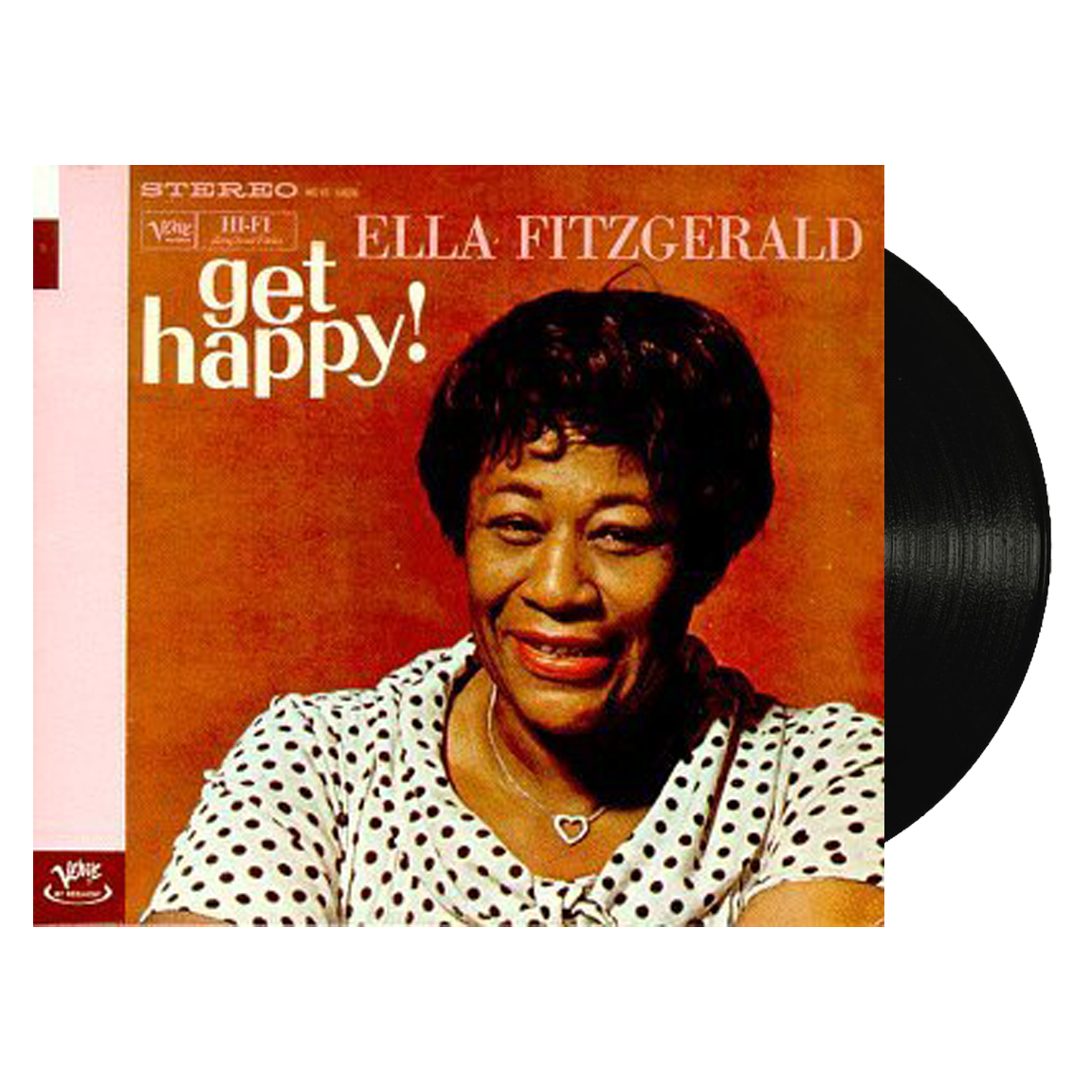
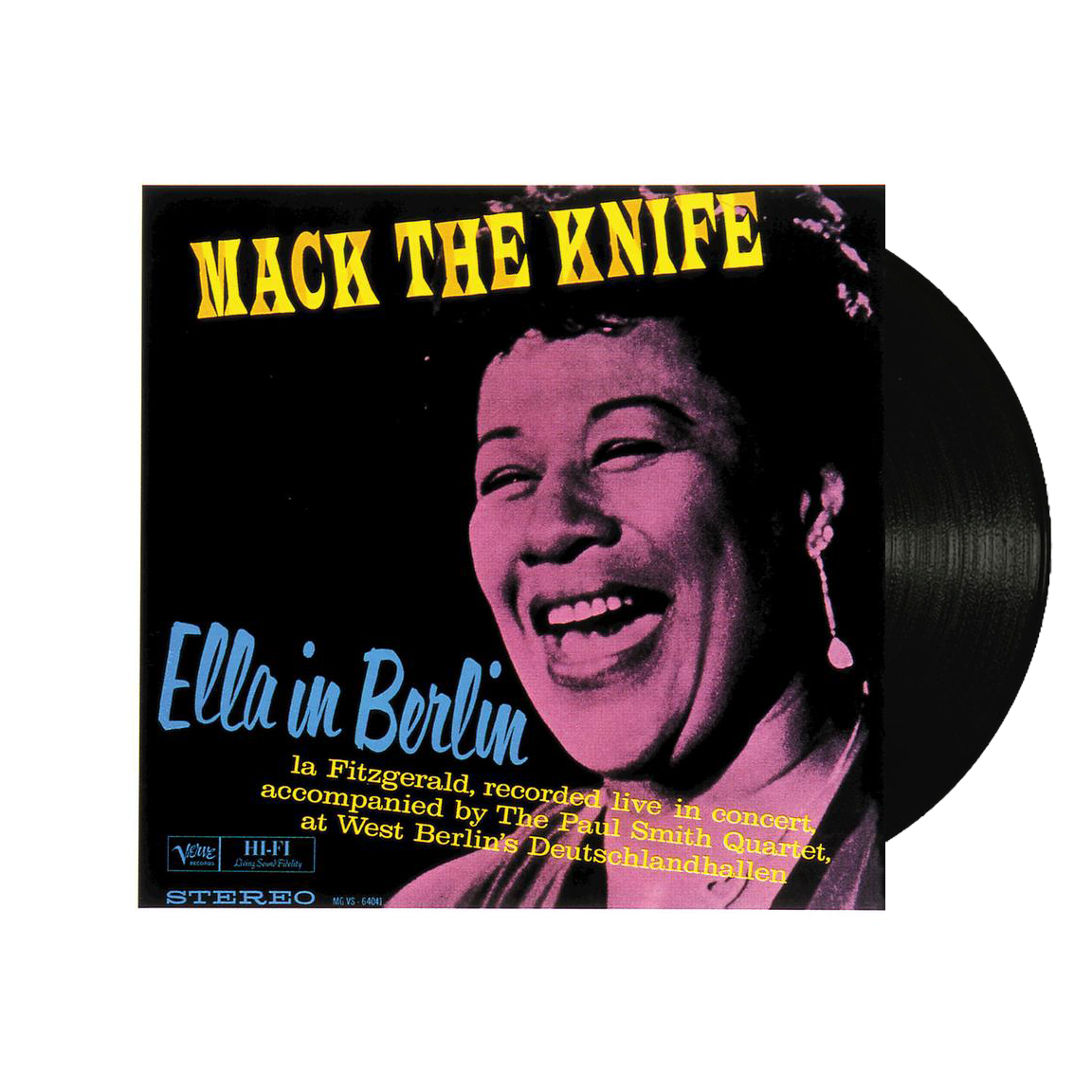
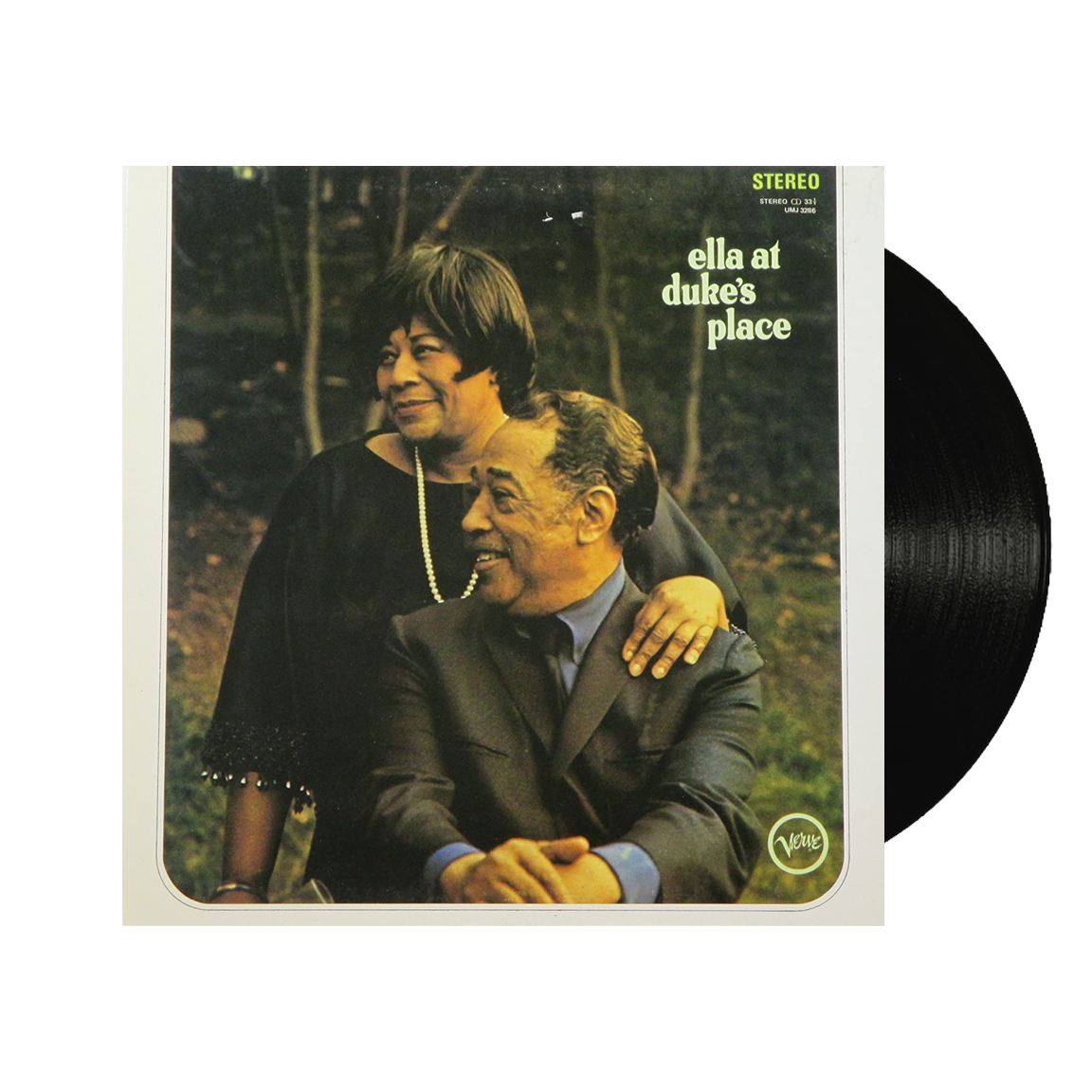
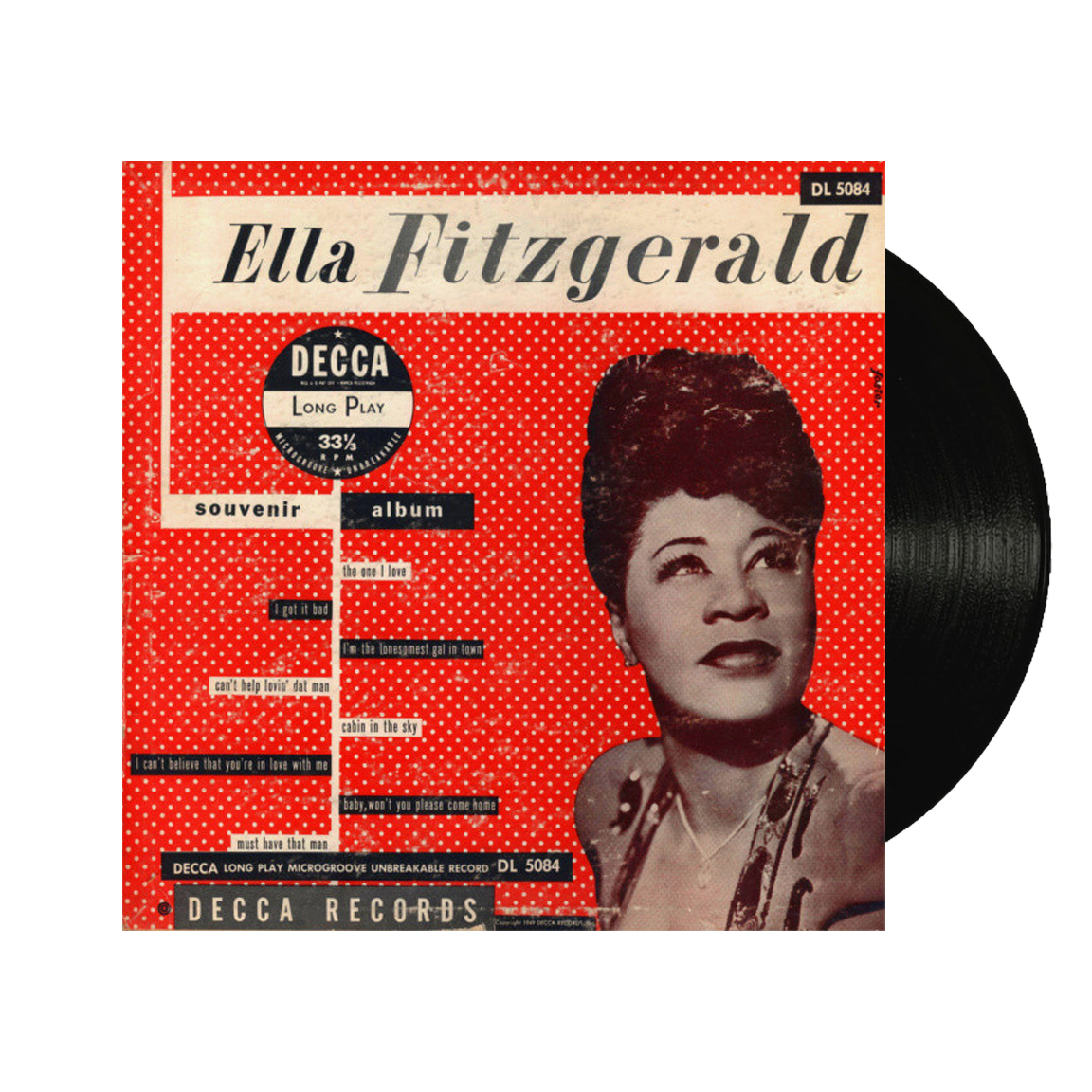
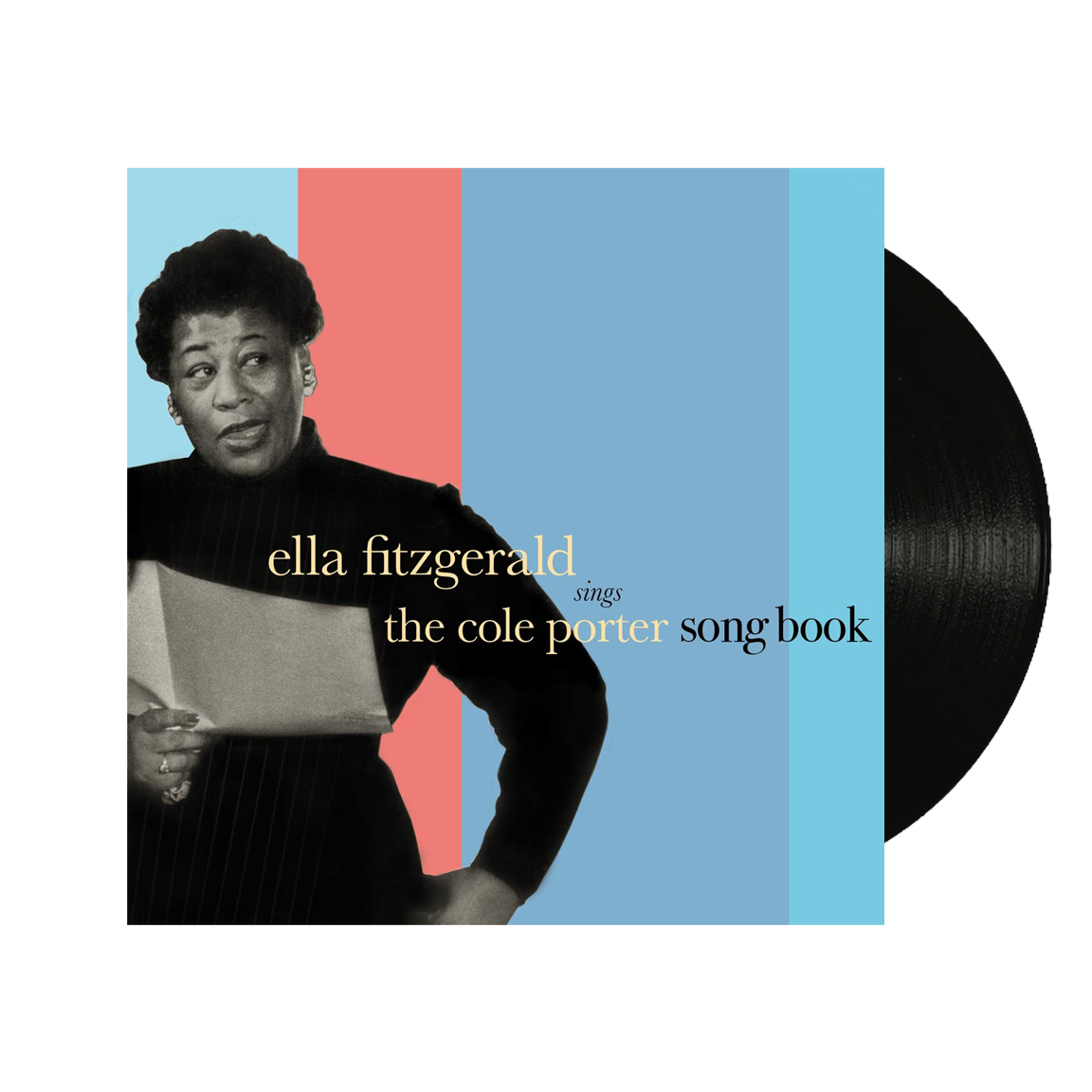
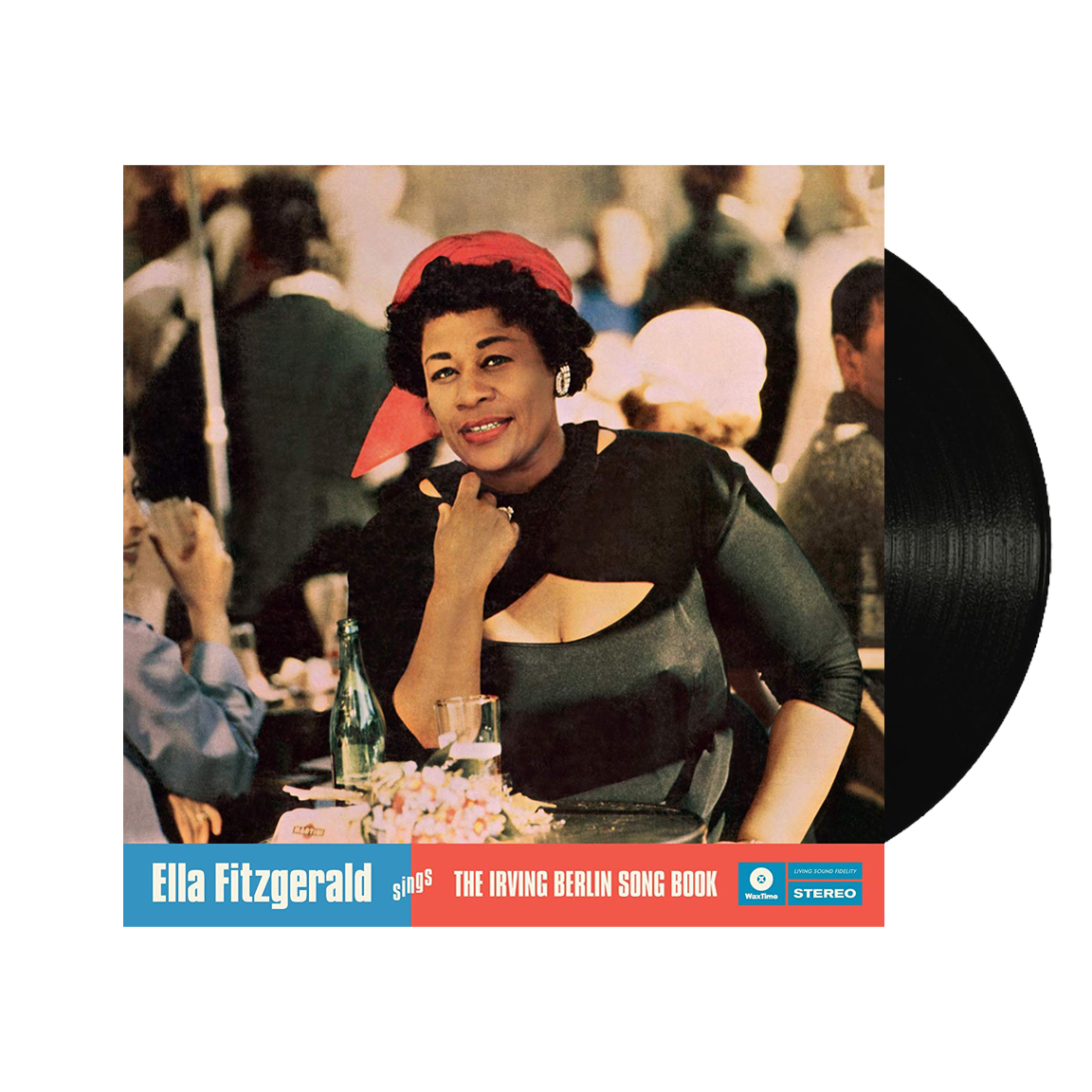
Check out Ella's amazing musical career.
Ella had impacted many through her monumentous career,
read about how she impacted jazz and artists today.
Ella Fitzgerald is and always will be remembered for her contributions to jazz and popular song. Her unique, velvety voice is one of the things that separated her from every other rising star of her time. Her voice made her legendary, elevating her to the ranks of jazz icons Duke Ellington and Louis Armstrong. Over her long career, her voice took her to many different venues, cities, and countries. It even took her to places that many African Americans dared not go in the late 1950s and 1960s, an era of racial segregation. Her undeniable talent, however, allowed her to open doors not only for herself, but for the many African American performers who followed her.
In April 1954 Fitzgerald signed a contract making Norm Granz her sole manager. Granz was an avid civil rights activist who fought hard to ensure equality for the musicians he managed, and he did this by fighting to keep their shows free of discrimination.
Check out some videos of the First Lady of Song here.
Have questions or comments? Fill out your information in the boxes below
and let us know what's on your mind.